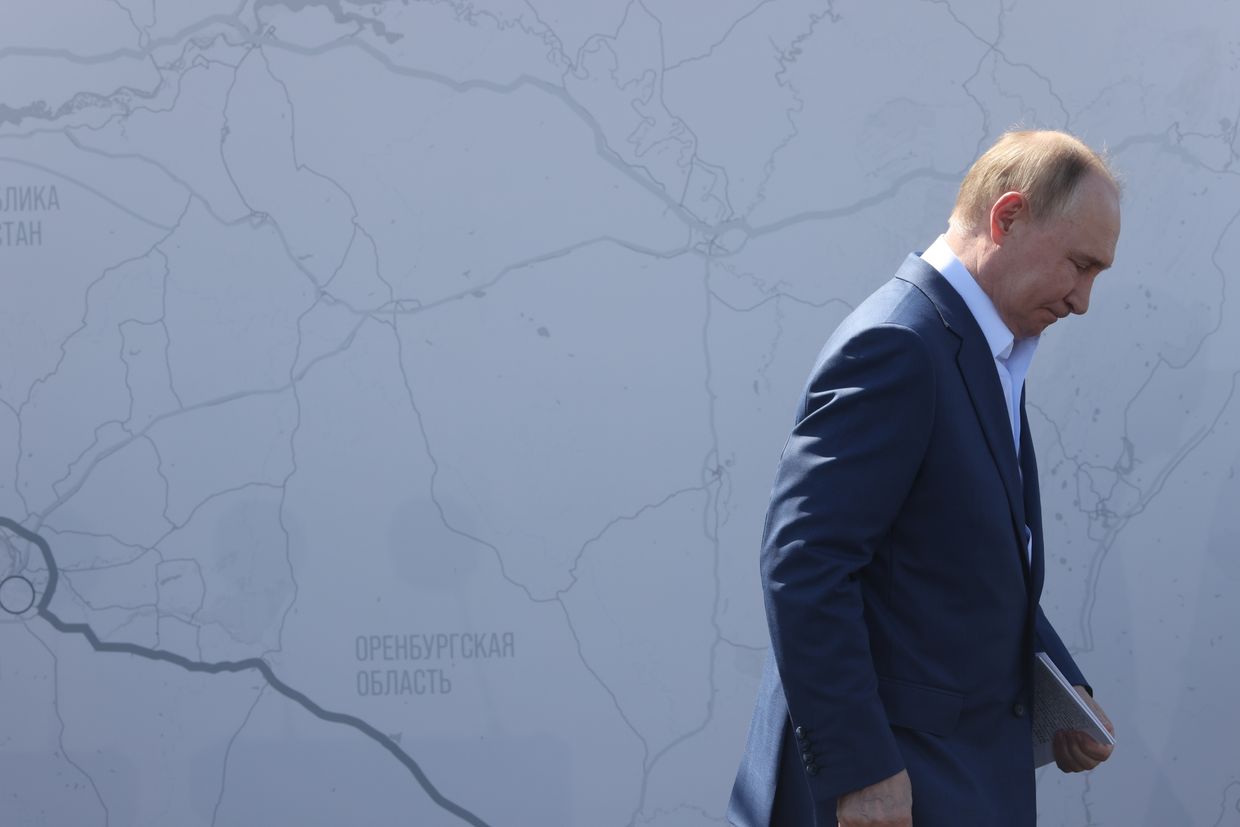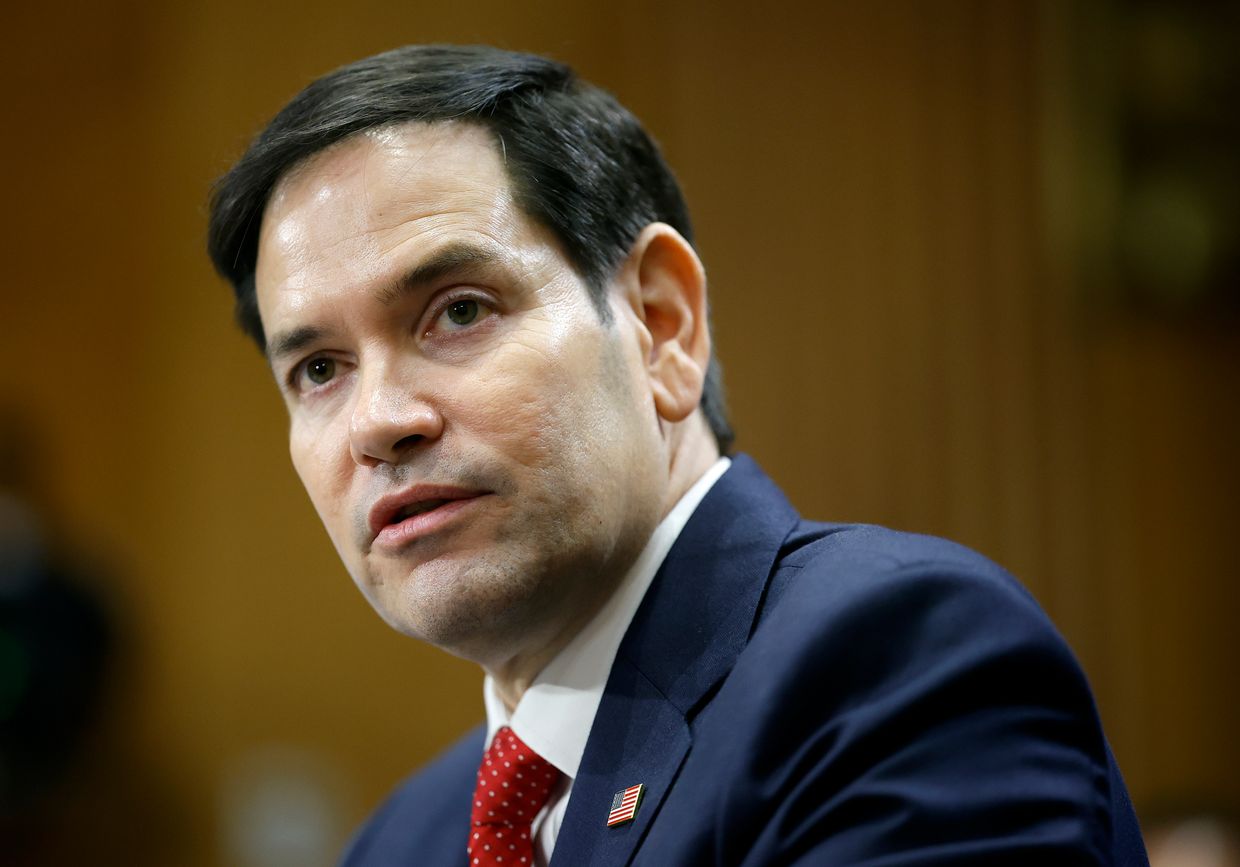U.S. Secretary of State Marco Rubio confirmed on March 12 that Ukraine-U.S. talks in Saudi Arabia on March 11 included discussions about potential "territorial concessions" as part of a negotiated settlement with Russia.
"Yeah, we've had conversations," Rubio said in an airport in Ireland when asked about potential discussions regarding Ukraine ceding territory.
The Trump administration has repeatedly said that both Kyiv and Moscow will have to make compromises for a peace deal, calling Ukraine's goal of restoring its pre-2014 borders "unrealistic."
Russian forces currently occupy roughly 20% of Ukraine, from where reports of systematic repression, torture, and forced deportations emerge.
Rubio also said that the Jeddah talks covered "what a negotiation process would look like" and reiterated, "There is no military solution to this conflict."
The official acknowledged that Ukraine requires security assurances to deter possible future Russian aggression and emphasized that "Europeans will need to be involved in this regard."
Trump has so far refused to offer such security guarantees, saying during his Feb. 28 meeting with President Volodymyr Zelensky that responsibility for Ukraine's security should fall on Europe.
Kyiv agreed to a temporary 30-day ceasefire proposed by Washington during the talks in Jeddah on March 11, provided that Russia abides by it. Moscow has not officially declared its position on the proposal.
U.S. President Donald Trump said on March 11 that Washington would engage Russian President Vladimir Putin this week to discuss the ceasefire terms. Rubio claimed the U.S. “will have contact with Russians” on March 12.
The agreement led to the U.S. resuming military aid and intelligence sharing with Ukraine, which had been suspended after Zelensky's Oval Office clash with Trump.
The ceasefire proposal marks a significant shift for Kyiv, as Ukrainian officials have previously warned that a temporary pause in fighting would allow Russia to regroup and relaunch its offensive.














